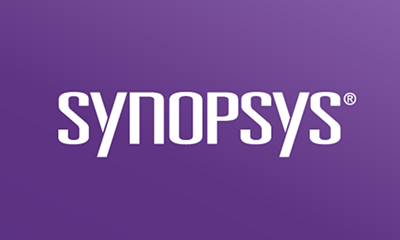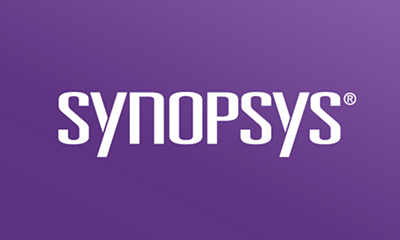Subscribe
Overview
The Synopsys Cybersecurity Research Center (CyRC) has discovered CVE-2023-0871, an XML external entity injection vulnerability, in OpenNMS Horizon.
OpenNMS is a Java language open source network monitoring platform. The OpenNMS platform monitors some of the largest networks in the Fortune 500, covering the healthcare, technology, energy, finance, government, education, retail, and industrial sectors, many with tens of thousands of networked devices.
OpenNMS comes in two open source distributions: Horizon (community release) and Meridian (enterprise release) with the AGPLv3 license. Additional components enhance the platform with distributed network monitoring (Minion), scalability (Sentinel), and scalable data persistence (Newts).
CVE-2023-0871
Due to a permissive XML parser configuration, the application is vulnerable to XML External Entity injection.
Exploitation
When sending a malicious HTTP request with XML payload, it is possible to exfiltrate files from the OpenNMS server file system or cause denial of service. The vulnerable HTTP endpoint requires user credentials for users with the role RTC.
Affected software
- OpenNMS Horizon 0.8 and earlier versions
Impact
Exploitation of this vulnerability would lead to
- Data leakage (XXE: blind local file inclusion)
- Denial of service
- Server-side request forgery (sending arbitrary HTTP requests to internal and external services)
CVSS Base Score: 8.8 (High)
CVSS 3.1 Vector: AV:A/AC:L/PR:N/UI:N/S:C/C:H/I:L/A:L
The data leakage is limited to textual files the application process is permitted to read, with one line of text.
Remediation
This vulnerability was fixed in the Horizon 32.0.2 and Meridian 2023.1.6 releases.
Discovery credit
This vulnerability was discovered by a Synopsys software engineer, Moshe Apelbaum from Israel using the Seeker® Interactive Application Security Testing (IAST) tool.
Timeline
- June 22: Initial disclosure and confirmation of receipt
- August 1: OpenNMS confirms patch finalized
- August 9: OpenNMS releases patch
- August 15: Synopsys publishes advisory
About CVSS
FIRST.Org, Inc (FIRST) is a non-profit organization in the US that owns and manages CVSS. It is not required to be a member of FIRST to utilize or implement CVSS but FIRST does require any individual or organization give appropriate attribution while using CVSS. FIRST also states that any individual or organization that publishes scores follow the guideline so that anyone can understand how the score was calculated.








